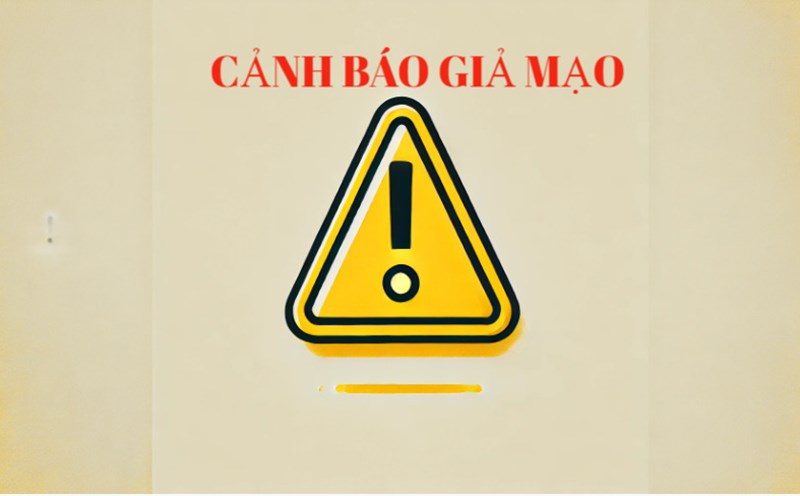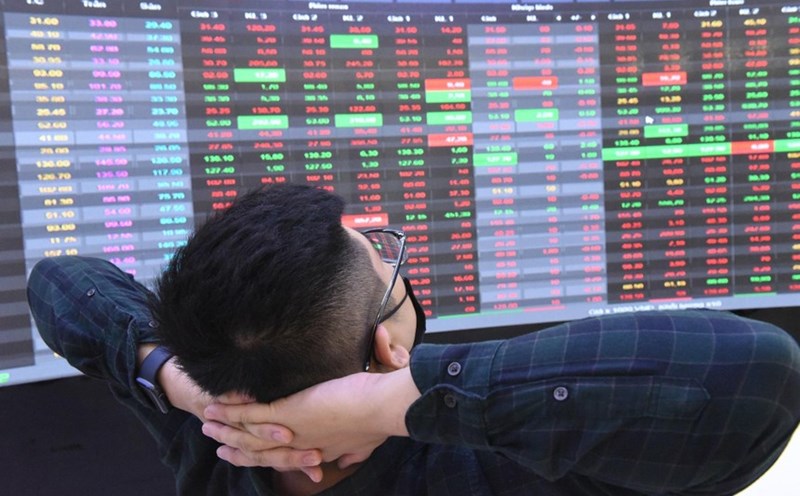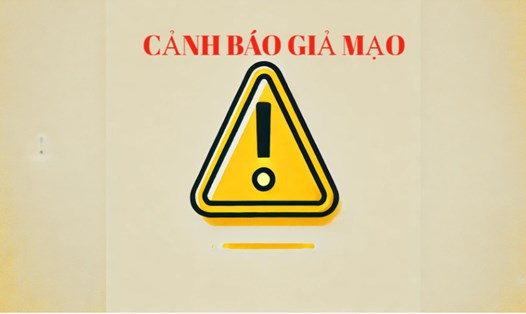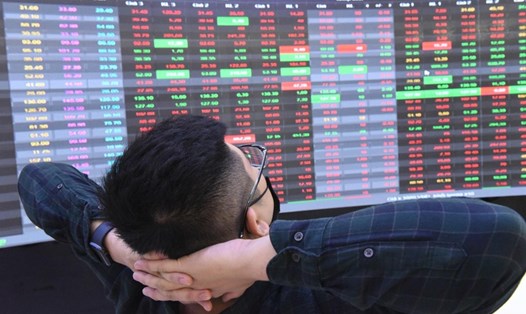Liquidity decline
In the trading session on February 12, 2025, the stock market recorded a significant decrease in liquidity. The total transaction value on the HoSE floor reached only nearly VND 11,300 billion, down more than VND 2,900 billion compared to the previous session, down to the lowest level since the end of January.
The market performance during the session was quite gloomy due to the cautious sentiment that dominated the market. At the end of the morning session, liquidity was weak with the total transaction value on the HoSE floor being less than VND5,000 billion. In the afternoon session, although the trading orders improved, there was no large buying or selling force.
Regarding the index, VN-Index closed at nearly 1,277 points, down more than 1.5 points compared to the previous session. The entire floor had 226 stocks decreasing and 209 stocks increasing, with the negative impact mainly coming from bluechip stocks such as BID, VCB, HPG, MBB and TCB.
In general, the market is in an accumulation phase with low liquidity, reflecting investors' caution in the face of international economic fluctuations and information.
VN-Index is still facing a strong resistance zone of 1,280-1,300 points. This is a resistance zone that the market cannot overcome throughout 2024.
Mr. Dinh Quang Hinh - Head of Macro and Market Strategy Department, VNDIRECT Securities Joint Stock Company analyzed: "In the context of foreign investors continuing to net sell and domestic cash flow not being strong enough to push the market up, VN-Index will likely need time to accumulate in this area before breaking out."
The market in this period may continue to fluctuate within a narrow range, with cash flow circulating between stock groups. The expert recommends that investors maintain a reasonable stock ratio, while considering restructuring their portfolios to prioritize industry groups with strong support foundations such as public investment, construction, building materials, banking, textile and garment exports, and seafood.
Foreign investors trade less actively
Along with the decline in liquidity, foreign investors traded less actively in the session on February 12 and continued to net sell 420 billion VND, focusing on bluechip stocks.
On the HOSE floor alone, foreign investors continued to net sell MWG shares the most with a value of VND 107.64 billion, equivalent to a net selling volume of 1.9 million units.
Other stocks that were strongly sold were HPG with 50.46 billion VND, VHM with 45.5 billion VND, HCM with 42.71 billion VND, along with a series of banking codes such as BID, STB, CTG, VCB, all of which were net sold in the range of 30-40 billion VND.
In January 2025, foreign investors net sold more than VND6,400 billion, nearly three times higher than in December 2024. The net selling flow was much larger than in the Indonesian market, but lower than in other major Asian markets such as India or South Korea.
The net selling trend accelerated again in February 2025, when net selling by foreign investors reached VND4,200 billion in just the first week of the month.
The strong net selling by foreign investors took place despite the prospect of Vietnam's stock market being reclassified from a frontier market to an emerging market by FTSE Russell, which analysts said was likely to happen later this year and would be a driving force to attract foreign capital back.
However, this crucial period coincides with President Donald Trump's return to the White House, accompanied by tariff risks and foreign capital flows that are trending out of emerging and frontier markets globally.
In today's session, steel stocks quickly turned around and fell again, and the reason was after President Donald Trump announced a 25% tax on steel and aluminum imported from all countries into the US.
Not only with steel, with other goods, after China, Mr. Trump will continue to announce tariffs on other countries and many investors are worried about the large trade surplus with the US. This concern has caused foreign investors to increase net selling of Vietnamese stocks in recent weeks.
Not only foreign investors, domestic investors are also showing caution again and bottom-fishing money has stopped entering the market, causing market liquidity to decrease sharply.











